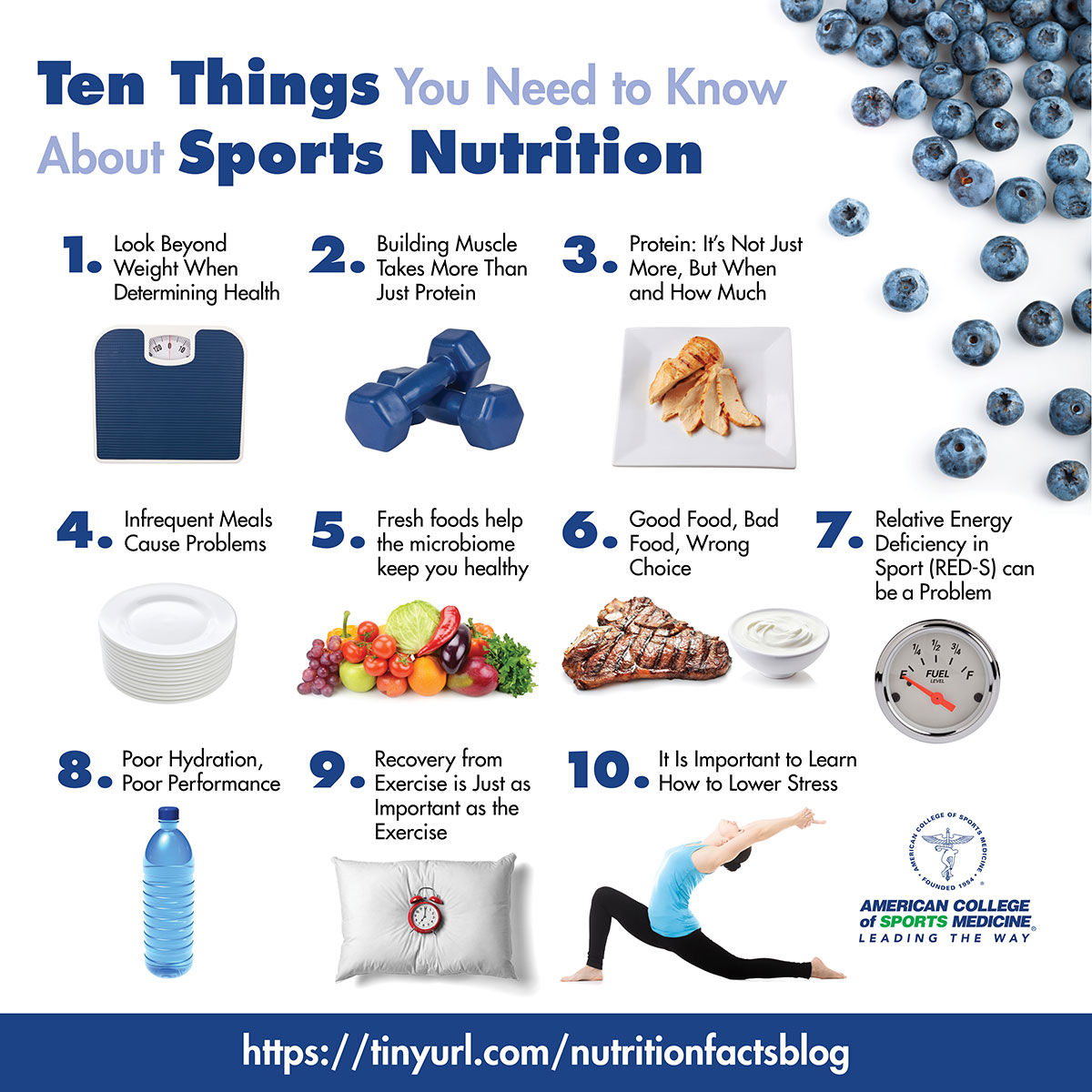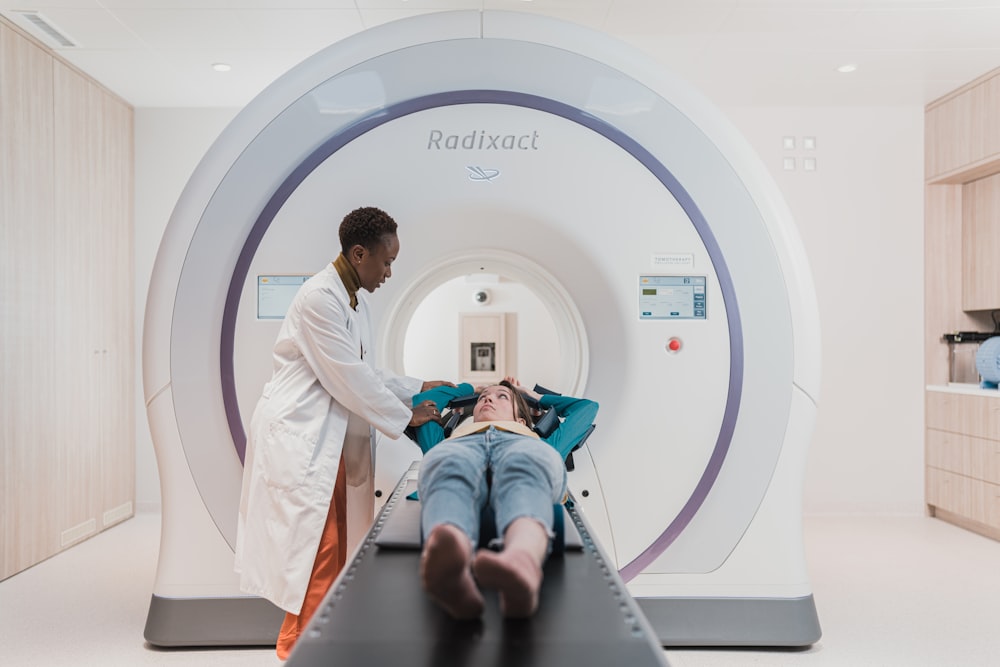
Fueling Fitness: Athletic Nutrition for Optimal Health
Athletes, whether professional or recreational, understand the critical role nutrition plays in achieving peak performance and maintaining overall health. Let’s explore the principles of athletic nutrition that contribute to optimal well-being.
Understanding the Demands of Athletic Performance
Athletic performance places unique demands on the body, requiring a balance of macronutrients (proteins, carbohydrates, and fats) and micronutrients (vitamins and minerals). Recognizing these demands is the first step in tailoring a nutrition plan that supports the specific needs of athletes.
The Importance of Proper Hydration
Hydration is a cornerstone of athletic nutrition. Water is essential for temperature regulation, nutrient transport, and overall performance. Athletes must maintain adequate fluid intake, adjusting it based on activity level, climate, and individual sweat rates to prevent dehydration and optimize performance.
Balancing Macronutrients for Energy
Carbohydrates, proteins, and fats are the primary macronutrients that provide energy for athletic endeavors. Balancing these nutrients is crucial. Carbohydrates serve as the body’s preferred energy source, proteins support muscle repair and growth, while fats contribute to sustained energy during longer activities.
Pre-Workout Nutrition Strategies
Eating strategically before a workout is key to maximizing performance. A combination of carbohydrates and proteins helps fuel the body and prepares muscles for exertion. Timing is essential, and the type of activity influences the ideal pre-workout meal composition.
Post-Workout Recovery Nutrition
Post-workout nutrition is vital for recovery. Consuming a mix of carbohydrates and proteins helps replenish glycogen stores and supports muscle repair. Including nutrients like electrolytes aids in rehydration. Tailoring post-workout nutrition to the specific demands of the activity accelerates recovery.
Micronutrients for Overall Health
Micronutrients, including vitamins and minerals, are essential for overall health and play specific roles in athletic performance. A well-rounded diet rich in fruits, vegetables, and whole grains ensures athletes receive an array of micronutrients to support immune function, bone health, and energy metabolism.
Nutrient Timing for Performance Optimization
Nutrient timing involves strategically consuming nutrients around workouts to enhance performance and recovery. Timing protein intake post-exercise, for instance, maximizes muscle protein synthesis. Coordinating nutrient intake with training sessions contributes to overall performance optimization.
Individualized Nutrition Plans
Athletes have diverse nutritional needs based on factors such as sport type, intensity, and individual differences. Developing individualized nutrition plans with the help of registered dietitians ensures athletes receive tailored guidance that aligns with their specific requirements and goals.
Supplementation as a Complement
While a well-balanced diet is the foundation of athletic nutrition, supplements can play a role in addressing specific needs. Common supplements include protein powders, vitamins, and minerals. However, their use should be guided by individual requirements and professional advice.
Continuous Learning and Adaptation
Nutritional needs evolve with changes in training intensity, goals, and age. Athletes should approach nutrition as an ongoing learning process, staying informed about the latest research and adjusting their dietary approach to align with their ever-changing needs.
To delve deeper into the world of Athletic Nutrition for Optimal Health, visit healthcares.my.id. Explore the intricacies of fueling fitness through proper nutrition and unlock your potential for peak performance and overall well-being.














